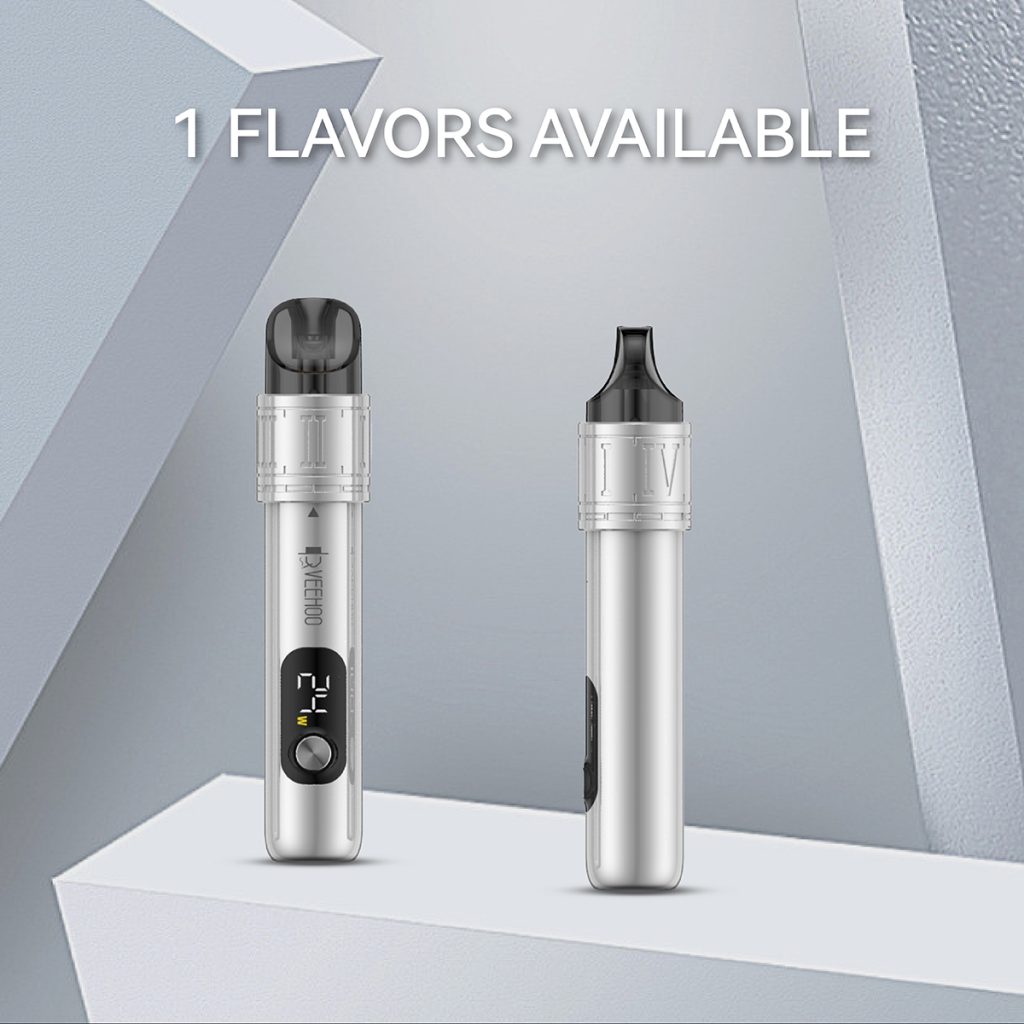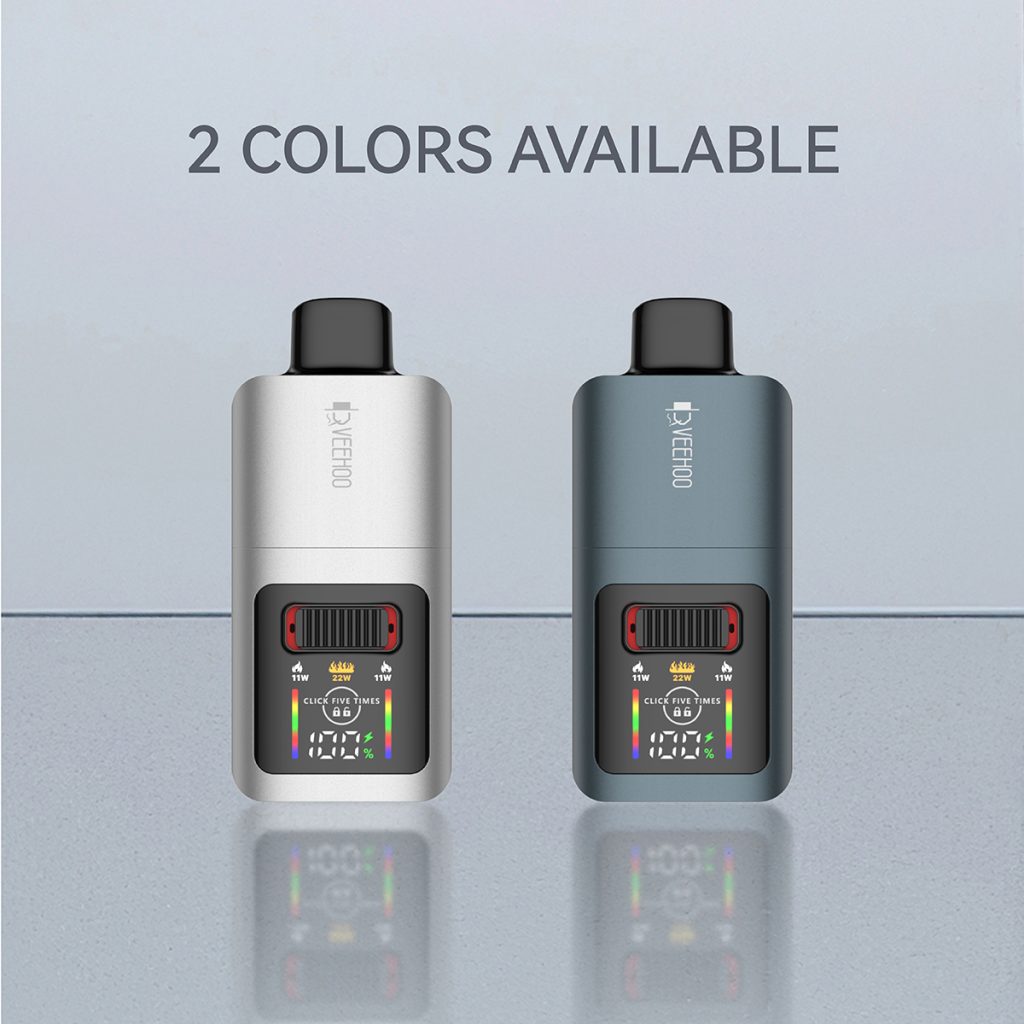According to MedPage Today on September 10, the U.S. House of Representatives Energy and Commerce Health Subcommittee questioned the U.S. Food and Drug Administration (FDA)’s regulatory strategy and resource allocation for the vape industry at a hearing, calling on the agency to focus its enforcement on large vape manufacturers rather than small vape retailers. The head of the FDA’s Center for Tobacco Products said that resources are limited and it is difficult to enforce the law comprehensively.
Congressman Brett Guthrie (R-Ky.) pointed out at the hearing that the FDA seems to prefer to enforce the law against small vape stores rather than hold large vape manufacturers accountable. He emphasized that although vape stores should not sell illegal products, major manufacturers are the focus that should be hit. Ohio Republican Congressman Troy Balderson (R-Ohio) also expressed doubts about the FDA’s enforcement focus, pointing out that some punished vape stores are actually counted as manufacturers.

Dr. Brian King, director of the FDA’s Center for Tobacco Products, responded that the FDA has taken action throughout the supply chain and enforced the law against all unauthorized entities, regardless of their size. However, the FDA has limited resources for vape enforcement because the agency does not collect any vape user fees, and 90% of enforcement funds are used for vape regulation.
Committee members were skeptical of the FDA’s request for additional funds. Cathy McMorris Rodgers (R-Wash), chair of the Energy and Commerce Committee, pointed out that although the FDA has received a lot of funds for food and tobacco regulation, the agency still requested additional budgets without detailing the use of current resources. It is hoped that the FDA will use existing resources and powers more effectively to improve regulatory efficiency.

In response to this issue, Veehoo vape, as an vape manufacturer that attaches importance to compliance and health, should actively pay attention to and support the regulatory authorities’ enforcement work in the vape industry. In this regard, Veehoo vape can respond positively in the following ways:
Cooperate to support regulatory agencies: Veehoo vape can actively cooperate with relevant agencies, provide cooperation and coordination within the industry, and ensure that products comply with relevant regulations and standards.
Strengthen internal compliance and regulatory mechanisms: As a responsible enterprise, Veehoo vape can strengthen internal compliance and regulatory mechanisms to ensure that the production and sales of products comply with regulatory requirements.
Advocate industry self-discipline: Veehoo vape can advocate the establishment of an industry self-discipline mechanism, work with other companies to jointly formulate industry standards, and promote the healthy development of the entire vape industry.

Openness and transparency: Veehoo vape can actively disclose product information, ingredients and quality test results, increase consumer trust in products, and maintain communication and transparency with regulatory agencies.
Support resource allocation: In view of the limited resources of the FDA, Veehoo vape can support regulatory agencies to improve efficiency, and at the same time, it should also increase its own investment in compliance and supervision to help maintain the order and safety of the entire industry.
To sum up, as a company that adheres to the concept of quality and safety, Veehoo vape should actively cooperate with supervision, strengthen internal management, advocate industry self-discipline, protect consumer rights and interests, and contribute its own strength to the healthy development of the vape industry when facing the requirements of regulatory agencies and challenges within the industry.
Tags: US congressman questions FDA,FDA vape enforcement questioned,veehoo vape
